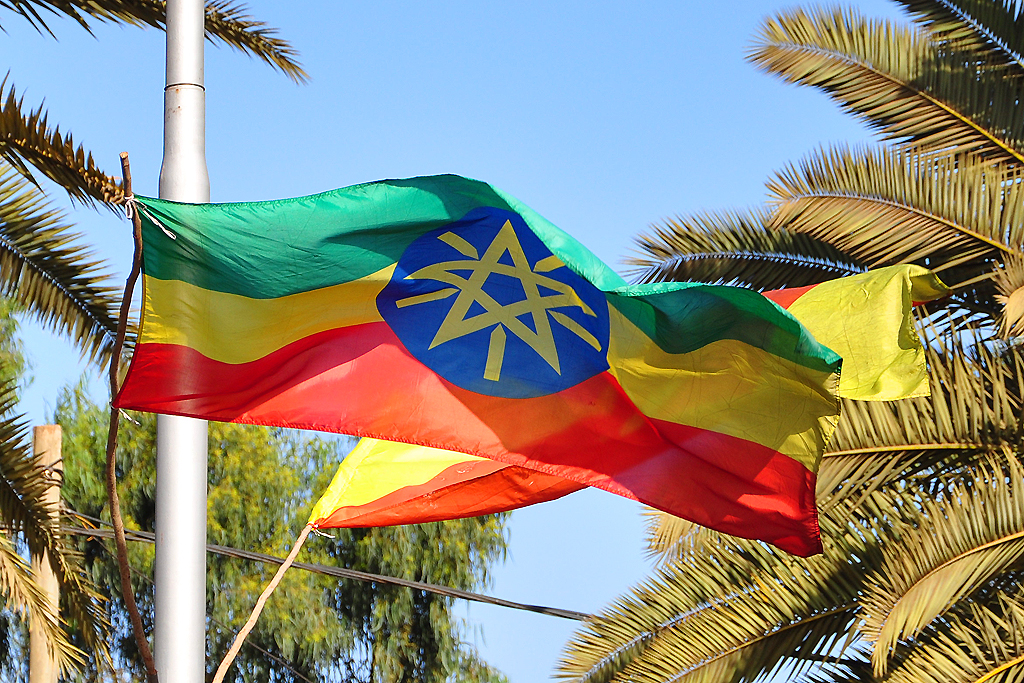Strengthening Collaborative Security Management in Ethiopia
In 2020, the Federal Democratic Republic of Ethiopia (FDRE) published its first ever Ethiopian Police Doctrine. The Doctrine was part of an institutional reform to promote peace and democratic governance. The central reform agenda stipulated in the Ethiopian Police Doctrine is to ‘Demilitarise, Depoliticise, Decentralise and Democratise’ the police and ensure police conduct is guided by four key values: police professionalism, respect for human rights, integrity, and respect for diversity. The anticipated method to achieve reform is the establishment of a community policing approach characterised by openness, fairness, community involvement, and prevention. In 2021, at the invitation of the Ministry of Peace and in partnership with the Ethiopian Police University Interpeace adapted a globally recognized community-policing approach to local realities as part of operationalising the police doctrine. This paper outlines lessons learnt from internal and external evaluations of the first phase of the Ethiopia Community Policing Program, implemented by Interpeace and the Ethiopian Peace University between March 2021 and December 2023. It provides a summary of outcomes achieved, recommendations for scale up of a continued intervention in Ethiopia, and applicable lessons for similar community policing programs. A key message of the report is that putting the police doctrine into practice is possible with the right tools and processes and applying the doctrine offers significant potential for strengthening citizen-police trust and collaboration.

